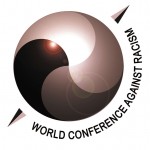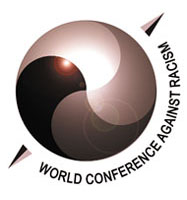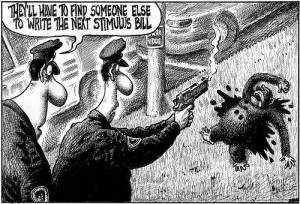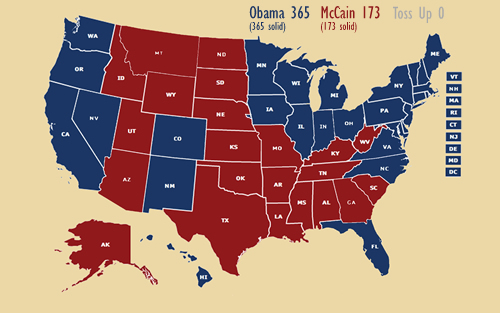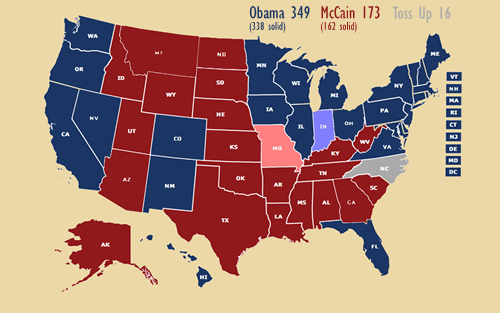Tue 26 May, 2009
Judge Sotomayor chosen for Supreme Court
Comments (1) Filed under: Politics, Thinking about race, privilege and inequality| Tags: Barack Obama, Gender, Hispanic identity, Identity politics, Sonia Sotomayor, U.S. Supreme Court |
CNN is reporting that President Obama has chosen Judge Sonia Sotomayor as his nominee to fill Associate Justice David Souter’s seat on the U.S. Supreme Court.
Judge Sotomayor’s nomination will inevitably raise the usual issues of politics and legal philosophy, as well as questions about “identity politics.” The latter, of course, refers in this context to the practice of taking into consideration the identity of potential nominees as members of historically disadvantaged groups, in order to compensate for the structural barriers which have caused these groups to be dramatically under-represented on the Court.
The issue of “identity politics” will probably be raised more sharply with this nominee than with others, for the simple reason that her selection involves multiple identities and another “first” for the Court: Judge Sotomayor, of the U.S. Court of Appeals for the Second Circuit, would be the first Hispanic justice and only the third female justice to serve on the Supreme Court.
